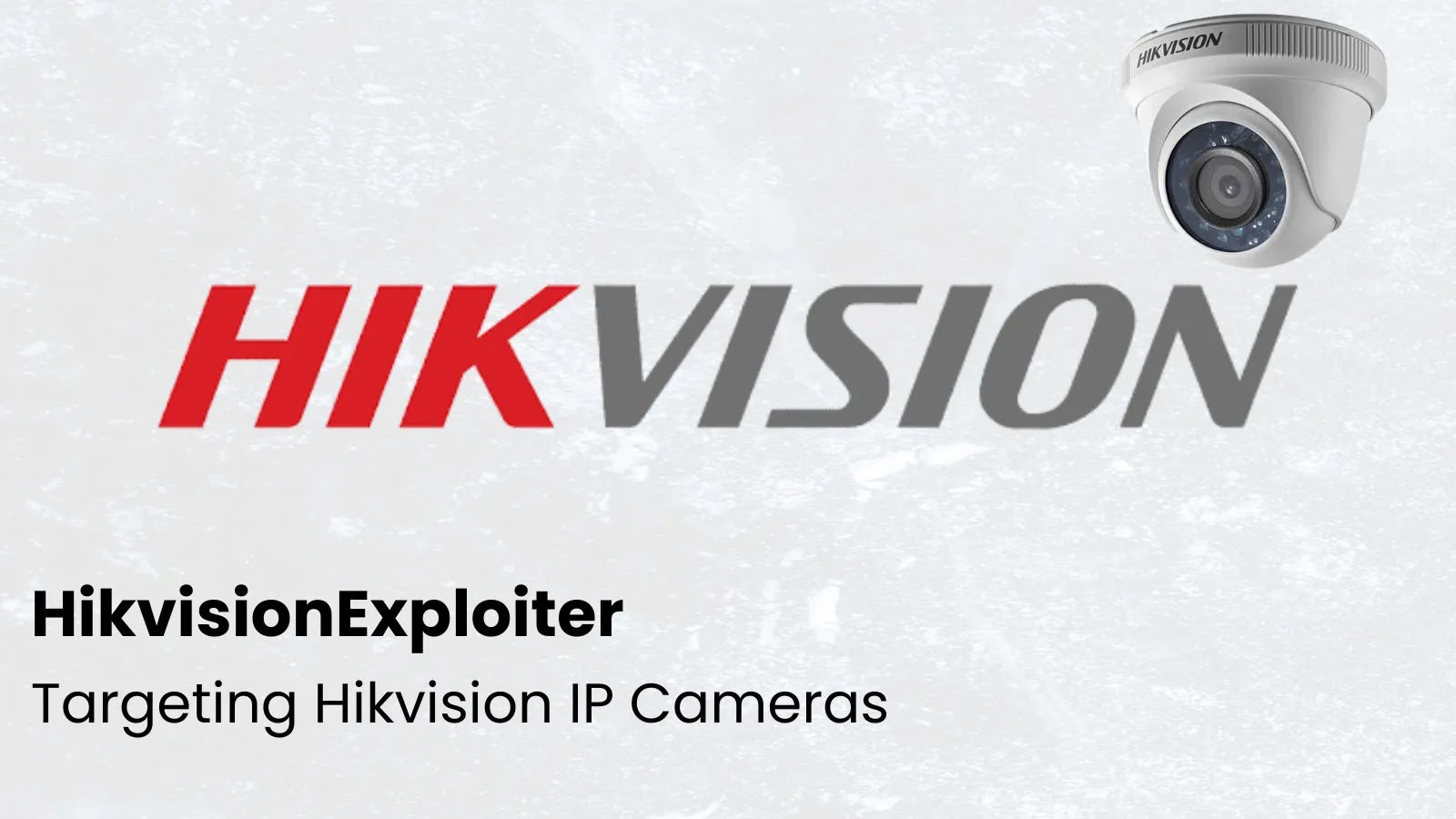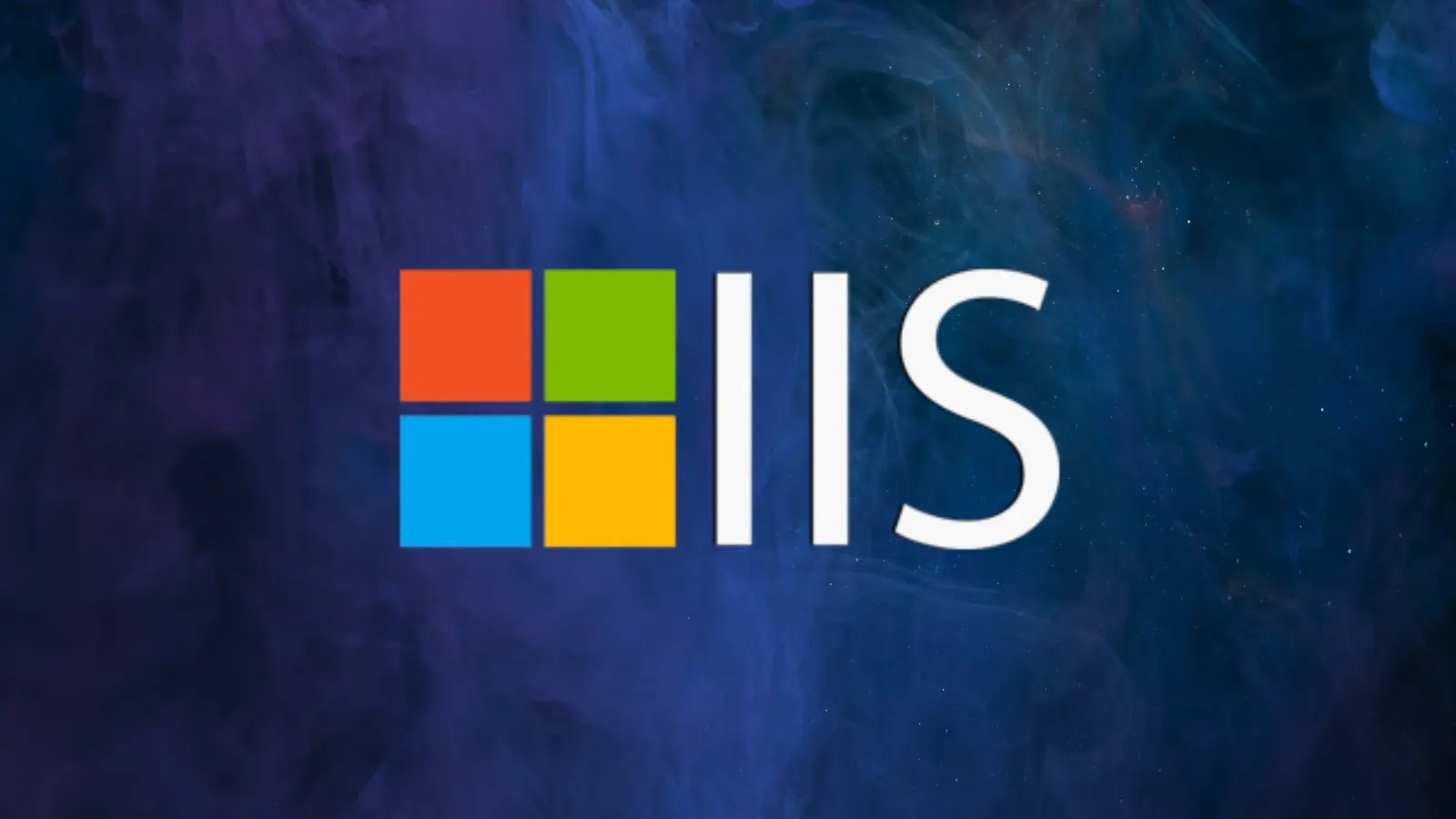The integration of autonomous food delivery robots into urban environments has revolutionized the convenience of meal services. However, recent findings have exposed significant security vulnerabilities in these systems, raising concerns about potential misuse and the broader implications for consumer safety and business operations.
Unveiling the Security Flaws
Pudu Robotics, a leading manufacturer of service robots, has deployed over 100,000 units across more than 1,000 cities worldwide. Their robots, such as the cat-faced BellaBot, are commonly seen in restaurants, delivering meals to patrons. Despite their widespread adoption, cybersecurity researcher BobDaHacker discovered critical flaws in Pudu’s robot management APIs. These vulnerabilities stemmed from inadequate authentication checks, allowing unauthorized individuals to:
– Access the call history of any robot.
– Create new tasks and control robots they did not own.
– Modify robot settings, including names and operational behaviors.
– List all robots associated with any store globally.
Such security lapses could enable malicious actors to reroute deliveries, disrupt services, or even hold entire fleets hostage for ransom. In healthcare settings, where Pudu’s robots are utilized for tasks like medicine delivery and disinfection, these vulnerabilities could pose direct threats to patient safety.
Delayed Response and Resolution
Upon identifying these issues, the researcher attempted to report them to Pudu Robotics on August 12. Initial communications to the company’s sales, support, and technical teams went unanswered. A subsequent email to over 50 staff members on August 21 also received no response. Frustrated by the lack of action, the researcher contacted major clients, including Skylark Holdings and Zensho, informing them of the potential risks. Within 48 hours of these notifications, Pudu Robotics acknowledged the vulnerabilities and implemented fixes.
Physical Security Concerns
Beyond digital threats, food delivery robots face physical security challenges. In Los Angeles, incidents of vandalism and theft have been reported, with individuals kicking robots over and stealing their contents. Businesses relying on these robots have been affected, as disrupted deliveries necessitate remaking orders, leading to financial losses. Companies like Starship Technologies have equipped their robots with features such as loud sirens and multiple cameras to deter tampering and theft.
Privacy Implications
The use of delivery robots also raises privacy concerns. In Los Angeles, footage from Serve Robotics’ delivery robots was provided to the LAPD to aid in criminal investigations. While this collaboration assisted in identifying suspects, it sparked debates about the extent of surveillance and data sharing between private companies and law enforcement agencies. Privacy advocates emphasize the need for clear policies governing data collection and sharing to protect individual rights.
Broader Implications and Recommendations
The vulnerabilities in food delivery robots highlight the urgent need for robust cybersecurity measures in the rapidly expanding field of service robotics. Manufacturers must prioritize security in both the design and deployment phases, implementing strong authentication protocols, regular software updates, and comprehensive monitoring systems. Additionally, businesses utilizing these robots should conduct thorough security assessments and establish protocols to address potential breaches promptly.
As autonomous delivery systems become more integrated into daily life, ensuring their security is paramount to maintaining consumer trust and safeguarding business interests.



